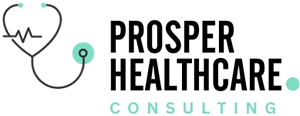When nurses are unable to utilize their full potential and expand their skills, they may feel undervalued and unfulfilled in their profession.
Lack of training in diagnostic ultrasound can prevent nurses from effectively contributing to the diagnostic process. This can lead to delayed or missed diagnoses, resulting in poorer patient outcomes and increased healthcare costs. Nurses who are not properly trained may struggle to interpret ultrasound images accurately or may not even be able to perform diagnostic ultrasound at all.
In addition to the negative impact on patient care and healthcare costs, limited training opportunities can also stifle nurses’ professional growth and development. Diagnostic ultrasound is a valuable skill that can enhance nurses’ careers and provide them with greater job satisfaction. Without proper training, nurses may feel stagnant in their roles and may be unable to explore new areas of interest or advance their careers.
Furthermore, the lack of training in diagnostic ultrasound can contribute to potential burnout among nurses. When nurses are unable to provide timely and accurate diagnoses, they may feel frustrated and overwhelmed. This can lead to increased stress levels and a higher risk of burnout. Burnout not only affects nurses’ well-being but also impacts their ability to provide quality care to their patients.
To address these issues, it is crucial for healthcare organizations to prioritize training opportunities for nurses in diagnostic ultrasound. Providing nurses with the necessary knowledge and skills in this area can empower them to contribute to accurate diagnoses, improve patient outcomes, and enhance their job satisfaction.
Additionally, investing in ongoing training and professional development can help prevent burnout among nurses and promote a positive and fulfilling work environment.

















